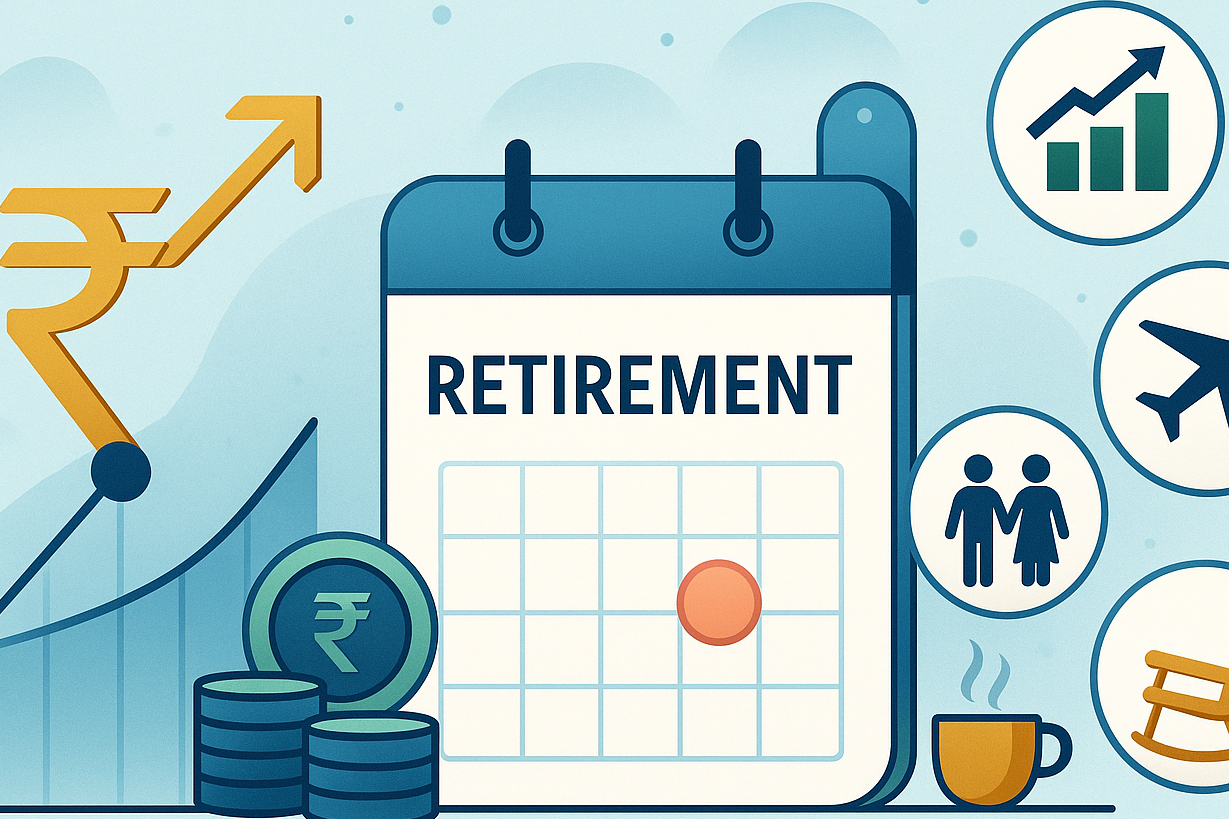
Planning for Tomorrow, Today: A Beginner’s Guide to Pension Plans
When you imagine retirement, what do you see? World travel? Time with grandkids?
Starting a passion project?
Whatever your vision is, one thing is certain: your financial stability will shape how
freely you can live out that dream. That’s where pension plans come in — they’re
not just for older generations or government workers anymore. They’re a smart,
proactive way to secure a reliable income after you stop working.
In this post, we’ll cover everything you need to know about pension plans: what they
are, how they work, and whether you need one.
What Is a Pension Plan?
A pension plan is a type of retirement plan where you contribute money during
your working years, and in return, you receive a steady income after retirement.
Think of it as your paycheck after work ends.
There are two broad types:
In India, examples include the National Pension System (NPS), Employees’
Pension Scheme (EPS), and private pension plans by insurance companies.
Why Should You Consider a Pension Plan?
Let’s face it — depending solely on savings or your children may not be enough.
Here’s why a pension plan matters:
- Regular Income: Receive a fixed or market-linked payout monthly, quarterly,
or annually. - Financial Independence: Don’t rely on others for post-retirement expenses.
- Tax Benefits: Contributions may qualify for deductions under Section 80C or
80CCD (depending on the plan). - Peace of Mind: You can focus on living, not just surviving.
How Do Pension Plans Work?
Here’s a simple breakdown:- Accumulation Phase: You contribute money over several years.
- Growth Phase: Your money earns interest or returns (market-linked or fixed).
- Vesting/Retirement Age: When you reach the retirement age (typically 55–60), you get the option to:
- Withdraw a portion as a lump sum (usually up to 60%)
- Convert the rest into an annuity, which gives you regular income for life
Pro Tip: The earlier you start, the lower your contribution can be — thanks to
compounding!
What to Look for in a Pension Plan
Here are some factors to consider when choosing the right plan:
- Flexibility: Can you adjust contributions or switch funds?
- Annuity Options: Do you want a joint annuity (for your spouse)? Return of purchase price?
- Tax Implications: What benefits apply under current tax laws?
- Payout Age: Some plans let you start as early as 45 or delay until 70.
- Inflation Protection: Will your payouts keep pace with rising costs?
When Should You Start a Pension Plan?
Now. Seriously.
Whether you're 25 or 45, earlier is better. Even small monthly investments over a
long period can lead to a sizeable retirement corpus.
Example: Investing ₹5,000/month from age 30 to 60 in a plan that grows at 8%
annually can build a corpus of ₹75–80 lakhs.
Common Pension Plan Mistakes to Avoid:
❌ Waiting too long to start
❌ Withdrawing too much at retirement and reducing annuity potential
❌ Ignoring inflation when calculating future needs
❌ Not comparing plans or payout options
Final Thoughts: A Pension Plan Is Your Freedom Plan
Retirement isn’t the end of earning — it’s the start of living on your terms. A good
pension plan ensures you have the freedom, stability, and confidence to enjoy it.
Whether you're self-employed, a salaried professional, or nearing retirement, there’s
a plan that can work for you.


